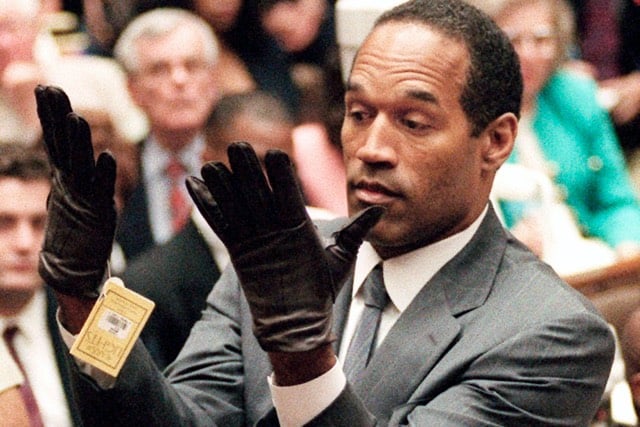NY Times film critic A.O. Scott recently discussed the technology he uses to do his job. Near the end (spoiler!), he highlights something that I’ve been thinking about recently: movies worth watching are unspoilable.
Q: Hasn’t social media made it impossible to keep a lid on movie spoilers ahead of a film’s theatrical release?
A: Social media also amplifies the hysteria about spoilers, which I find kind of depressing. There is so much more to movies than plot, or at least there should be, but the studios have so little faith in their products that they mystify banal and obvious story elements. Rosebud is the name of a sled. “Citizen Kane” is still a great movie.
Still, I dislike hearing spoilers and lately have taken to ignoring everything about movies & TV I might want to watch. I’ll sometimes view trailers, but mainly I just pay attention to people I trust telling me to see stuff. Sorry to Bother You, Blackkklansman, Crazy Rich Asians, Eighth Grade, Succession, Sharp Objects, American Animals…I went into all of these without reading anything or even looking at trailers.
Would Sharp Objects have been as entertaining had I known the ending all along? Not quite. Ditto for Sorry to Bother You. I was told not to read anything about Boots Riley’s film before seeing it and I’m glad I listened…there was a scene in there that delivered a feeling of shock and delight that I would hate to have missed out on.
But the charms of Crazy Rich Asians, the creeping anxiety of Eighth Grade, and the dramatic ludicrousness of Succession all would have hit the same had I known all of the plot details beforehand. I’ve seen films like Dr. Strangelove, Ocean’s 11, and Raiders of the Lost Ark more than ten times apiece and rewatching them, while not quite like the first time I saw each, is still very worthwhile and entertaining for me.

Last night, I finished OJ: Made in America, ESPN’s 8-hour documentary series about OJ Simpson. Prior to starting the series, I would rather have poked an eye out than spend another second of my life thinking about OJ Simpson; I’d gotten my fill back in the 90s. But I’d heard so many good things about it that I gave it a shot. Pretty quickly, you realize this is not just the biography of a man or the story of a trial but is a deep look at racism, policing, and celebrity in the US. OJ: Made in America is excellent and I recommend it unreservedly. From Brian Tallerico’s review:
Ezra Edelman’s stunningly ambitious, eight-hour documentary is a masterpiece, a refined piece of investigative journalism that places the subject it illuminates into the broader context of the end of the 20th century. You may think you know everything about The Trial of the Century, especially if you watched FX’s excellent “The People vs. OJ Simpson: American Crime Story,” but “OJ: Made in America” not only fills in details about the case but offers background and commentary that you’ve never heard before. It is an examination of race, domestic abuse, celebrity, civil rights, the LAPD, the legal process and murder over the last fifty years, using the OJ Simpson story as a way to refract society. Its length may seem daunting, but I would have watched it for another eight hours and will almost certainly watch it again before the summer is over. It’s that good.
The only real criticism I have of the series is that the treatment of women in America should have been explored more, on the same level as racism and celebrity. A.O. Scott picked up on this in his NY Times review:
It is hard not to notice the predominance of male voices among the interview subjects, and the narrowness of the film’s discussion of domestic violence. This is not to say that the issue is ignored: Mr. Simpson’s history of abusing Nicole is extensively and graphically documented, as is the fact that most of his friends ignored what was going on at their Rockingham estate. But the film, which so persuasively treats law enforcement racism as a systemic problem, can’t figure out how to treat violence against women with the same kind of rigor or nuance.
A fuller discussion of domestic violence in the US and misogyny in sports would have provided another powerful, reinforcing aspect of the story.
I hid in the clouded wrath of the crowd,
but when they said, “Sit down,” I stood up.
— Bruce Springsteen, Growing Up
In the NYT Magazine, A.O. Scott reflects on the death of adulthood in American culture:
What all of these shows grasp at, in one way or another, is that nobody knows how to be a grown-up anymore. Adulthood as we have known it has become conceptually untenable. It isn’t only that patriarchy in the strict, old-school Don Draper sense has fallen apart. It’s that it may never really have existed in the first place, at least in the way its avatars imagined. Which raises the question: Should we mourn the departed or dance on its grave?






Stay Connected